Lube Information

Which Lube To Use
Water based vs Silicone. Does it matter?
Toys will come in a variety of different materials, but can be classified into TWO main groups: hard materials, and soft materials.
Soft materials like silicone, TPE (Thermoplastic Elastomer) and others that derive from it, (Cyberskin, Fanta Flesh etc.) should be treated the same way when considering a choice in lubricant.
WATER BASED ONLY!
If your soft material toys happen to come into contact with silicone lube, don't worry. It's not going to melt or dissolve right in front of you. Simply wash it off.
However, repeated exposure to silicone lubricants will degrade the materials in your toys. For example, they may swell or warp, depending on how long the exposure has lasted.
Hard material toys are safe with any lube. Glass and stainless steel for example, can be paired with silicone lubricant without worry!
It is important to note, that water based vs Silicone isn't a "good or bad" option. ANY lube's quality and safety is determined by it's ingredients.
Many factors contribute to the absorption of substances on your skin, too many to list here. However, a key thing to remember is that skin on the genitals is the fastest absorbing skin you have! So it's important to read what's in the product, before using it, to make sure there are no toxic chemicals in it; like Phthalates!
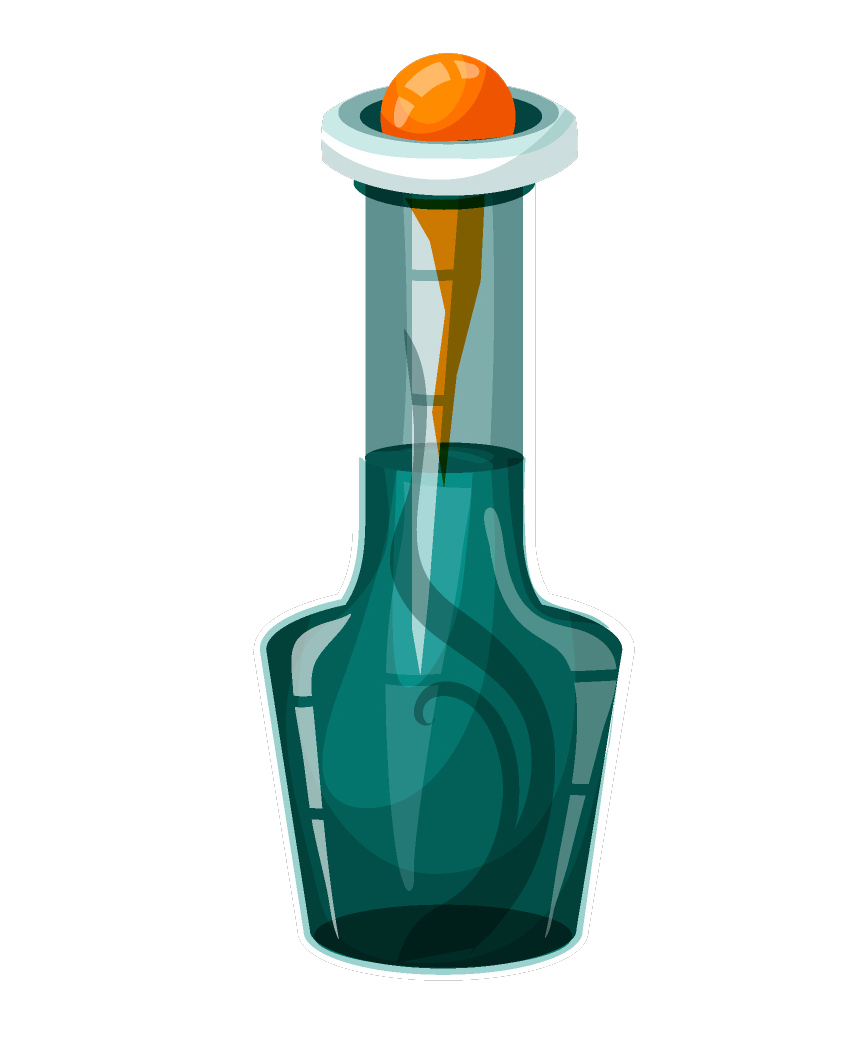
Water Based
Water based lube is the most common form for personal lubricant. The "water" refers to the product being water soluable. This means it can be washed away with water, and is also absorbed in the skin, or mucous membranes. This leads to both pros and cons:
Using a water soluable lube, means there are situations where it will not function correctly. Showers, hot tubs, pools etc. will wash the lube away. Making sexual activity in these areas, non ideal, and potentially dangerous. Being absorbable by skin also means that water based lubes dry out. Though adding a bit of water or saliva will reinvigorate the product, it will lose it's slick properties over time. Depending on what else is in the mixture, when it dries, it may also leave a residue on whatever it has touched.
Another thing to consider, is that water based lubes have the potential to aid in the absorption of toxic chemicals. This is a problem in particular for anyone using lube for penetration, as the lube cannot be easily washed away compared to external use.
Price: 4/5
Slickness: 4/5
Safety: 5/5
Compatibility: 5/5
Longevity: 3/5
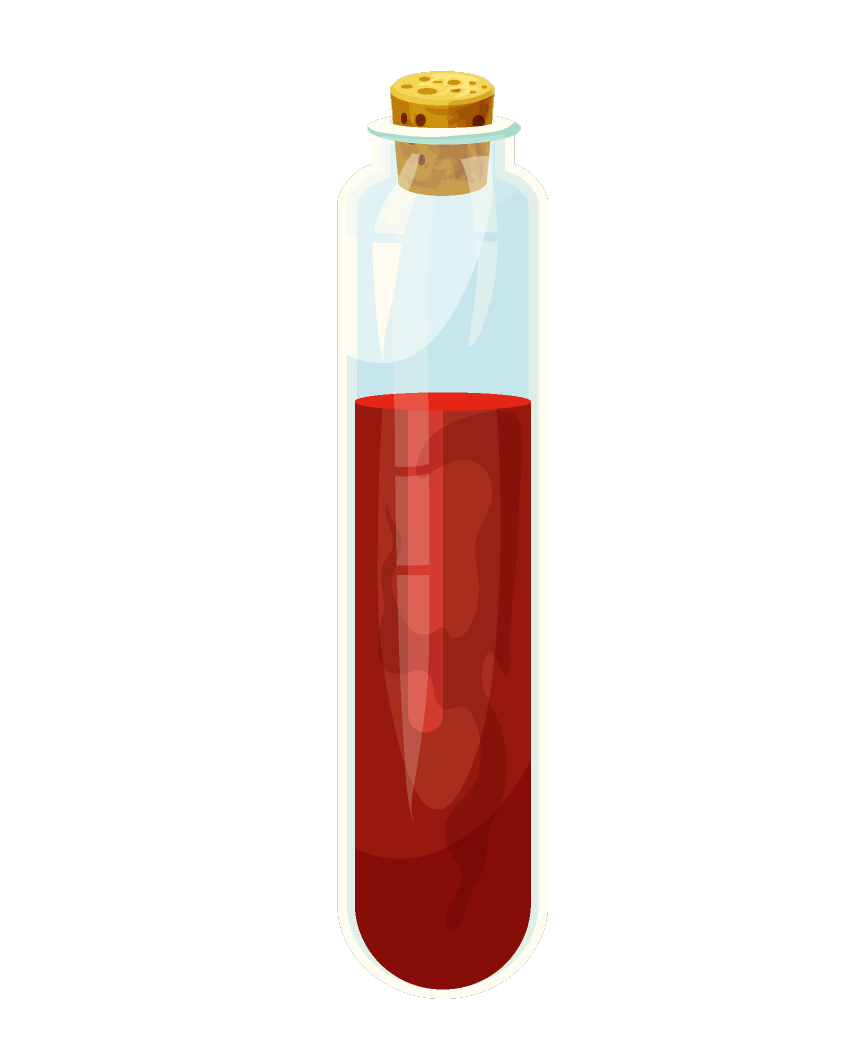
Silicone Lube
The alternative to water based lube, is silicone lube. Apart from feeling different, silicone lube is not water soluable, and does not absorb into the skin. This means you won't need to reapply any of it, and it also means it's difficult to wash away. So it can succeed in areas that water based lube cannot.
Silicone lube maintains its slippery nature, so be careful when using it on slippery floors!
The downside to this type of lube (aside from it's cost), is that it can be unsafe to use with toys, other than glass or stainless steel. It is particularly unsafe when paired with TPE toys, and can also harm/degrade other silicone toys. So it is generally recommended to avoid silicone lube when also using soft material toys.
Some people also have allergic reactions to silicone lube, so it's best to try a small bottle first, placing some on the back of your hand to see if you experience any redness, or discomfort.
Price: 2/5
Slickness: 5/5
Safety: 3/5
Compatibility: 3/5
Longevity: 5/5
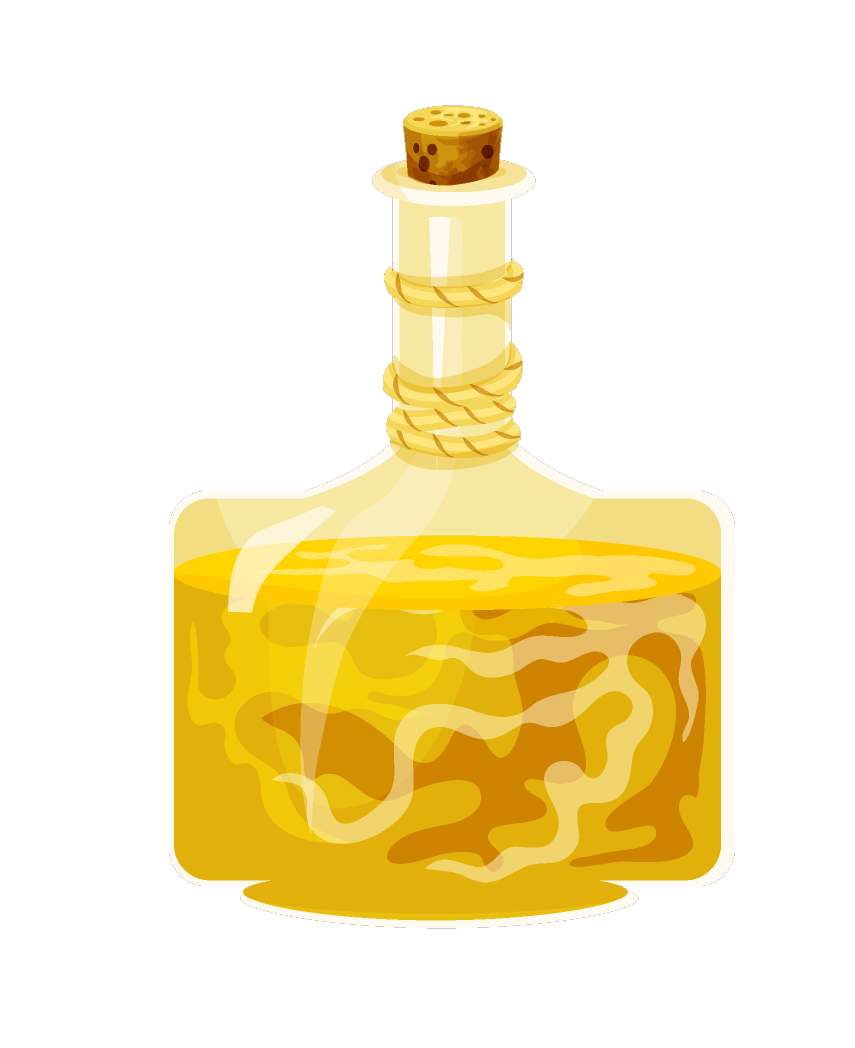
Homemade Lube
Lube is an unregulated market! Much like supplements, the safety of lube is dependent on individual companies doing their due diligence to ensure their ingredients are body safe. Knowing this, homemade lubricants are an attractive choice for people, wanting to mitigate their risk.
1. Cornstarch
Very well tolerated, does not promote bacterial growth, cheap, and reduces friction moderately well. However, the right mixture of water to cornstarch is difficult to achieve consistently, and even when you do, the overall slickness of cornstarch is not very high.
Being a water based mixture, means it will need to be reapplied often. Often enough in fact, that cornstarch (while safe) is not a highly recommended lube option on it’s own.
Price: 5/5
Slickness: 2/5
Safety: 5/5
Compatibility: 5/5
Longevity: 1/5
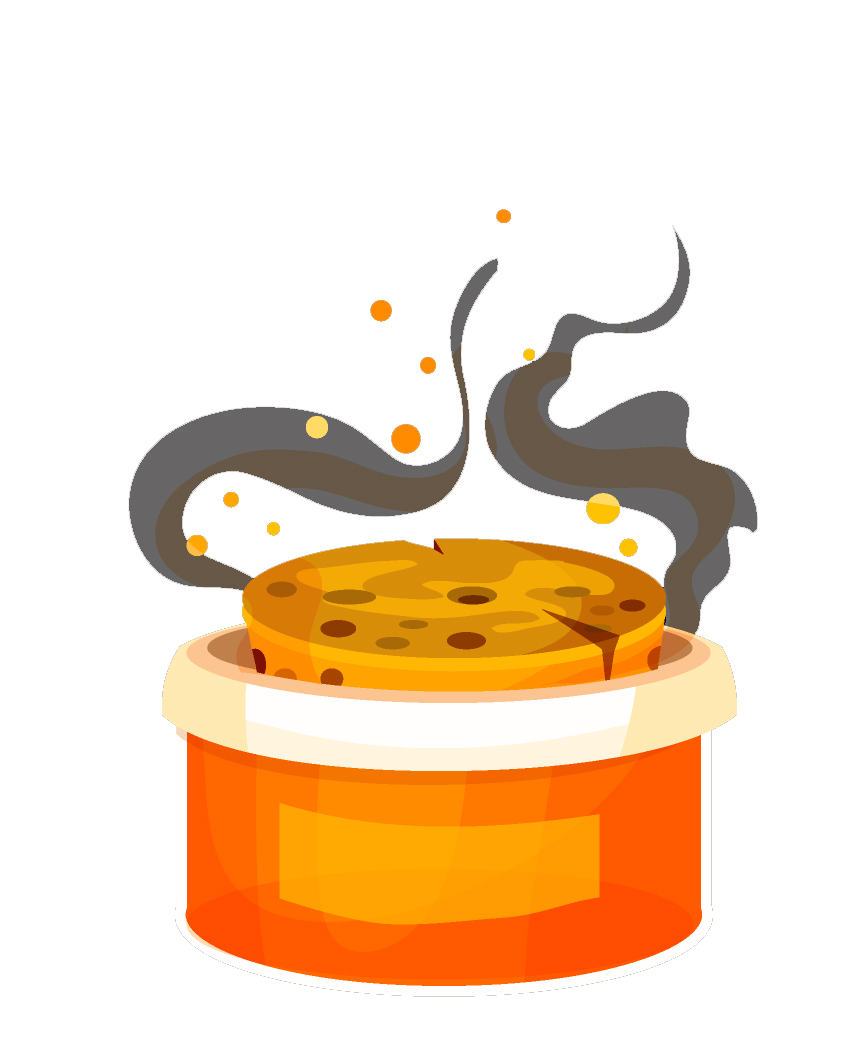
Coconut Oil
Another cost effective lube, that is very well tolerated. Virgin, organic, unrefined, cold pressed coconut oil is what to look for when purchasing. Slicker than cornstarch, and even some commercially available lubes! It also moisturizes, has anti-microbial and anti-bacterial properties!
The downsides to this lube, are all related to safety. Coconut oil can degrade latex condoms. It can cause yeast infections, and some people are allergic to it. It’s also questionable whether coconut oil
degrades TPE.
Price: 4/5
Slickness: 3/5
Safety: 3/5
Compatibility: 4/5
Longevity: 3/5
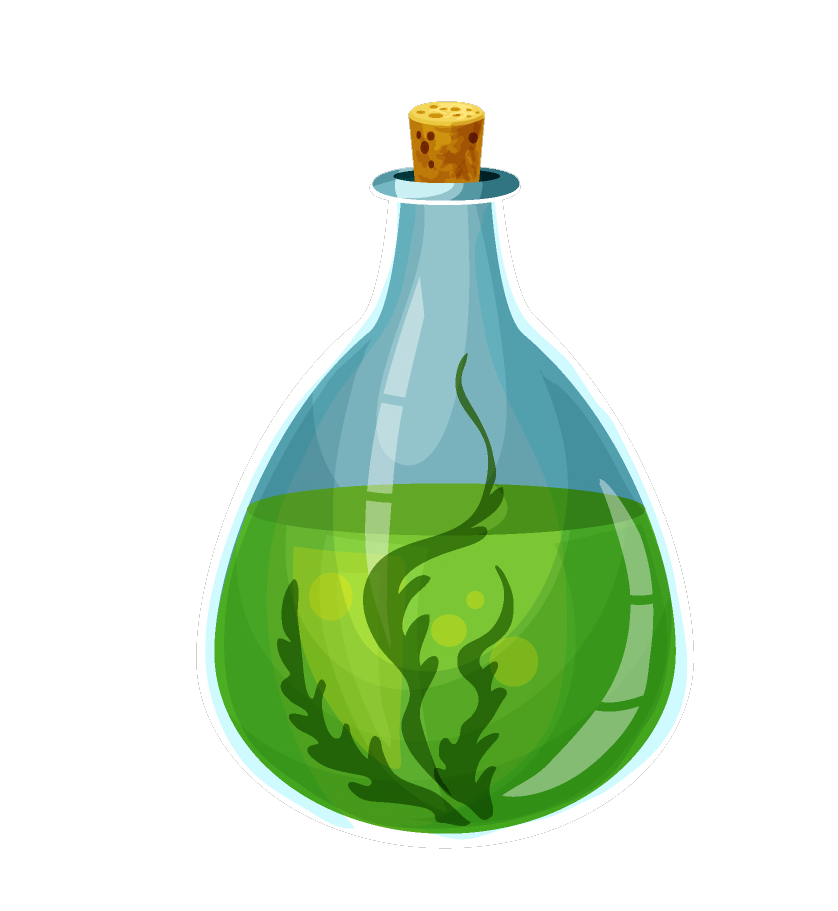
Aloe
A fantastic moisturizer, readily available, and thick. Aloe is a great choice for a personal lubrianct. It soothes skin and has been shown to reduce the bacteria that causes yeast infections.
Be sure to pick up organic, pure, 100% aloe, with no preservatives or additives. Anything else defeats the purpose of using a natural lubricant.
Aloe lube is also safe on toys and latex!
The downsides of aloe lube, is that while it’s safe for toys and vaginal play, it is not recommended for anal. Aloe is just not thick enough, or slippery enough, for use in anal play. Aloe also has a different pH level compared to anal/rectum, which can upset the natural levels inside you.
But this is the same problem for both cornstarch lube, AND coconut lube!
Aloe is also a gel. Which many people do not like as lube. It’s clumpier, and feels stickier compared to other options.
Price: 3/5
Slickness: 3/5
Safety: 5/5
Compatibility: 5/5
Longevity: 3/5

Points of Note
- Just because a product is
“natural”, does not mean it is good for you! - Oil based lubes will stain sheets! Water based lubes will generally
not. - Oil and TPE do not mix. The only exception here, is occasionally applying some mineral oil to your TPE toy, if it starts to crack and flake. Vaseline also works!
- Silicone is far more resistant to breakdown from all types of lube. That being said, stick to water based lubes when using toys!
- Lubes that work well for external stimulation, do not always work well (or are safe) for internal
stimulation. - The skin around your genitals is approx. 11X more absorbent than your hands!